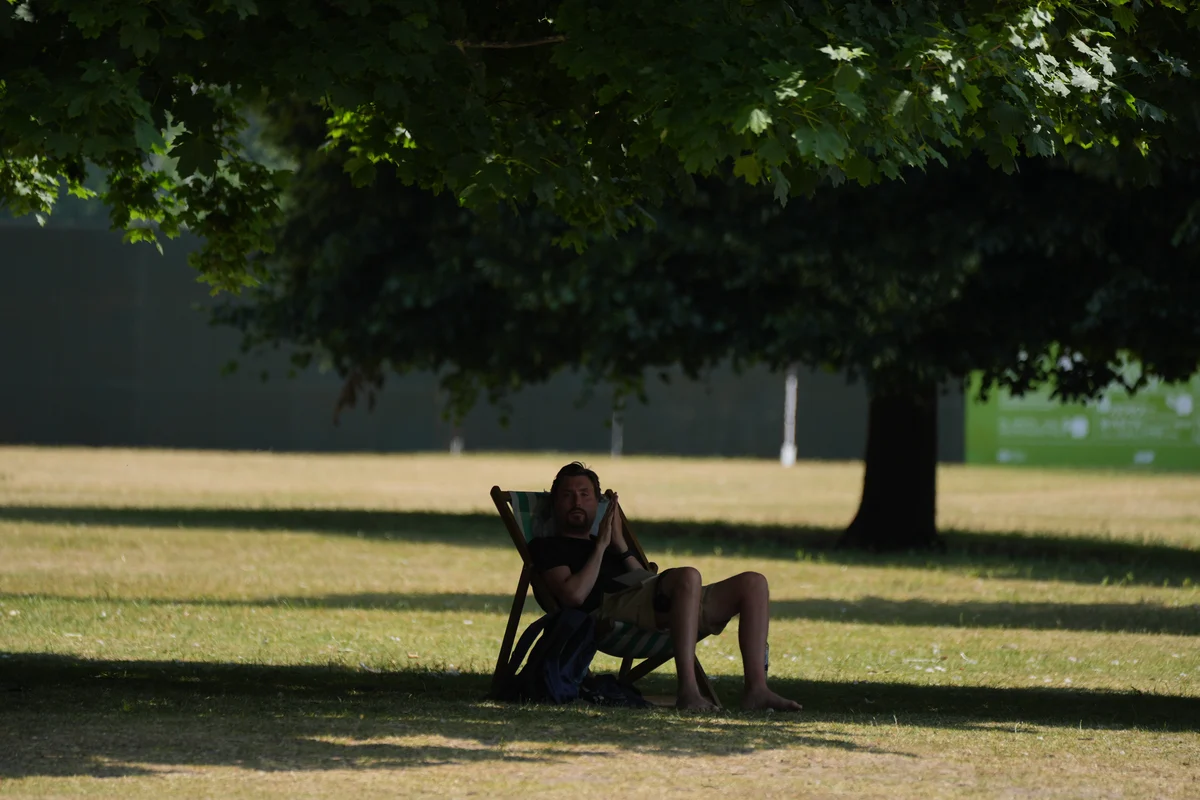By Seren Morris
The UK has experienced what is provisionally one of the hottest Junes on record, and as we enter July, the searing heat is showing no signs of letting up.
July is kicking off with an absolute scorcher, with temperatures hitting the 34 degree mark on the first day of the month.
But as Londoners celebrate the sunshine with picnics and cold pints, it’s worth being aware of the health risks of persistent sun exposure.
Find out the warning signs and symptoms of heat exhaustion and heatstroke below, and how to treat someone who is suffering.
People who spend time in extreme temperatures can suffer from the following heat exhaustion symptoms, according to the NHS:
Heat exhaustion is not usually serious if the affected person can cool down within half an hour. They can usually be treated at home by moving them to a cool place and having them lie down with their feet raised lightly.
They should drink plenty of water or sports drinks and should cool their skin with sprays, sponges, cold packs, and fans. The symptoms should ease within 30 minutes.
However, if left untreated, heat exhaustion can turn into heatstroke, which is serious if not treated quickly and may result in the affected person needing emergency care.
Wimbledon 2025: Hot Weather
Heatstroke is serious and needs to be treated as an emergency.
Symptoms of heatstroke include fast breathing or shortness of breath, a fit (seizure), loss of consciousness, and becoming unresponsive. If someone is experiencing any of these symptoms, the NHS says to call 999.
Other signs of heatstroke include feeling unwell after 30 minutes of resting in a cool place and drinking plenty of water, not sweating even while feeling too hot, a high temperature of 40C or above, or feeling confused. If someone is experiencing any of these symptoms, the NHS recommends calling 111.
To prevent heat exhaustion and heat stroke, the NHS recommends doing the following:
The NHS also says to “Keep an eye on children, the elderly and people with long-term health conditions (like diabetes or heart problems) because they’re more at risk of heat exhaustion or heat stroke.”
